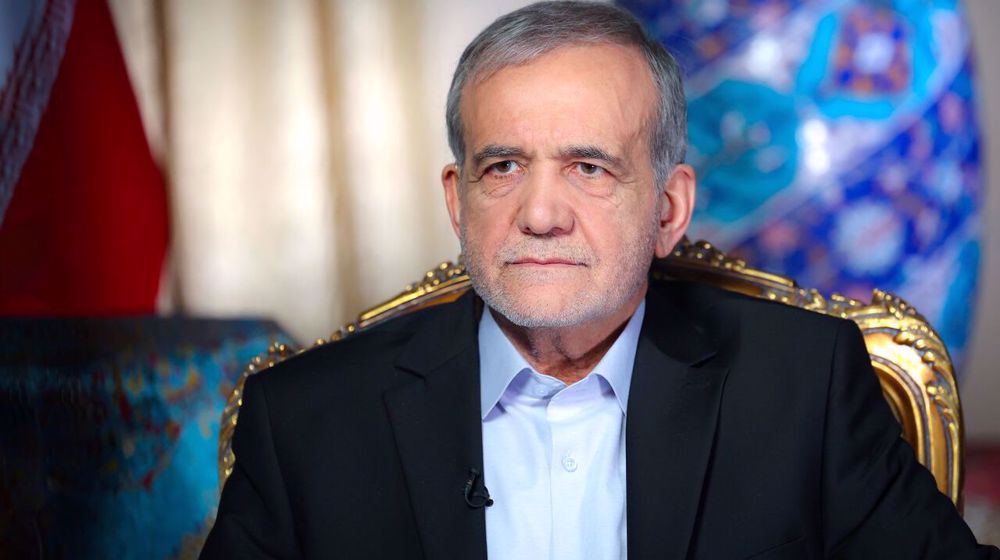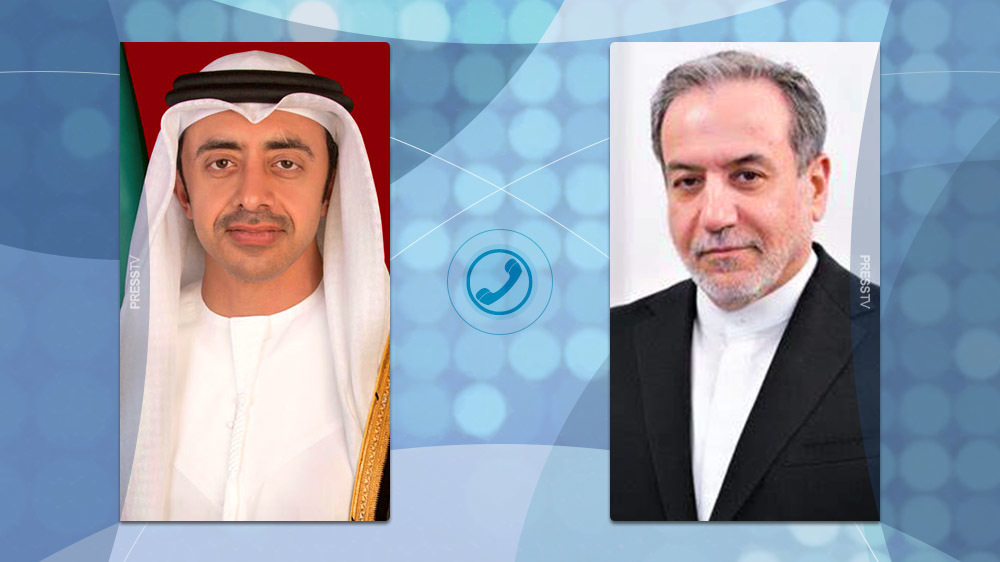Qatar opens mega-camp to house foreign workers
Qatar has officially opened the country's biggest camp, which is supposed to provide accommodation for up to almost 70,000 foreign workers.
The new camp, called "Labor City," will also contain two police stations in addition to Qatar's second largest mosque and its construction has cost about USD 825 million (about 750 million euros), AFP reported.
The Labor City is expected to accommodate a total of 68,640 workers when it reaches full capacity.
The project was unveiled by Prime Minister of Qatar Abdullah bin Nasser Al-Thani and the country’s Labor Minister Abdullah al-Khulaifi during an official ceremony in the capital city, Doha.
The workers’ camp is currently up to 60 percent of its capacity full and is housing workers, who have come to Qatar from various countries, including Nepal, India, Sri Lanka and Vietnam.
Mohammed al-Maraghi, a manager with Qatar’s Naaas Group for Real Estate and Management, has been quoted as saying that the "Labor City" is a "model" for other camps, which will be built in future, noting that construction of bigger sites may follow.
Khulaifi has also noted that Qatar plans to build seven labor "cities" to house almost 260,000 workers, brought to work on major infrastructure projects, notably for the 2020 World Cup which the country will be hosting.
The decision to build more modern facilities in the country has come after constant criticism of the squalid and crowded accommodation provided by Qatar for the high numbers of migrant workers in the country.
Each room at Labor City is supposed to accommodate no more than four workers and daily inspections will be carried out to ensure that number is not breached, officials said on Sunday.
The unveiling came the day before a major labor reform -- the Wage Protection System -- comes into force.
Last week, Qatar was again widely criticized after announcing "inadequate" changes to its "kafala" labor system for foreign workers, which places restrictions on when workers can leave the country and switch job contracts.

Activists argue that the long-awaited reforms would not change much for the thousands of foreign workers in the gas-rich country.
"The new labor law does not abolish the notorious exit permits, and workers still have to get their employers' permission to leave the country," said Sharan Burrow, general secretary of the International Trade Union Confederation, which is among Qatar's fiercest critics.
The current system requires the workers who leave a job at the end of a contract to wait two years before coming back to Qatar to take up a new position if the employer objects to the new job.
"These changes are unlikely to lead to a meaningful improvement," said Nicholas McGeehan, Persian Gulf researcher at Human Rights Watch, describing workers’ need to ask for their employer permission to leave the country as “one of the most disappointing aspects of the law.”
Amnesty International's Mustafa Qadri also called the changes “inadequate,” adding, “We welcome the fact that there's an attempt at reform but we need to see more.”
The changes are not expected to come into effect before 2017 at the earliest.
Qatar has come under harsh criticism from rights groups over its unfair treatment of its 1.8 million migrant workers who account for as much as 90 percent of its population.

Pezeshkian: Iran seeks stronger ties with neighboring countries

Qatar joins Israel for 'side by side training' in aerial drills in Greece

Iran, UAE voice alarm at fatal Israeli, American aggression against Gaza, Yemen
Nigerian security agents plan fresh attacks on followers of Sheikh Zakzaky in Abuja: Report
Bill to seize mosques in India gains presidential assent
Over 600,000 children in Gaza at risk of ‘permanent paralysis’: Ministry
VIDEO | US, Europe anti-Trump protests
Yemen accuses US of targeting civilians in Eid airstrike
VIDEO | US bombing campaign fails to deter Yemen
Hamas calls for mass participation in general strike in West Bank
Europe standing on wrong side of history by appeasing Israel: Iran







 This makes it easy to access the Press TV website
This makes it easy to access the Press TV website